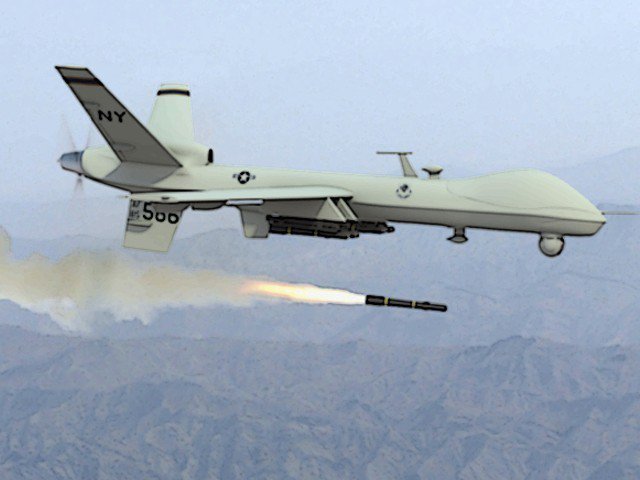No casinos or brothels — new overseas investment rules
A summary of the top news in Chinese business and technology for August 18, 2017. Part of the daily The China Project newsletter, a convenient package of China’s business, political, and cultural news delivered to your inbox for free. Subscribe here.

- Core military technology and products that have not been approved, gambling, the sex industry, and investments contrary to national security.
- Business that involves the illegal export of technology, artworks, and products.
- Any industry that China banned by any international treaty signed by China.
- Any investment that threatens or has the potential to threaten China’s interests or national security.
Restricted
- Investments in countries that have no diplomatic relations with China, are at war, or in sensitive countries and regions that China has signed agreements with that restrict investment.
- Real estate, hotels, cinema chains, entertainment, and sports clubs.
- Investments in funds, platforms, or companies that have no real commercial projects.
- Investments that do not meet environmental and safety standards of the target country.
Encouraged
- Investments that further the Belt and Road initiative and relevant infrastructure.
- Investments that steadily advance China’s production capacity, manufacturing of high quality equipment, and industry standards.
- Investments in cooperation with foreign companies that enhance China’s new technology and advanced manufacturing and encourage establishing R&D centers abroad.
- Prudent investments in exploration and exploitation of offshore oil and gas, mineral, and other energy resources.
- Agriculture, forestry, and fishing.
- Orderly investments in trade, culture, logistics, and where suitable, finance.
- JD.com
Podcast: China’s largest retailer with Josh Gartner / TechNode
Ecommerce giant JD.com is one of China’s largest internet companies but perhaps the least known, even though it competes directly with media darling Alibaba. In this podcast, JD.com’s VP for International Corporate Affairs Josh Gartner explains how its business model differs from other ecommerce companies in China and the U.S. - China Unicom
China Unicom’s $12 billion ownership-reforms plan mired in confusion / Reuters - Marketing
Chinese vendors ‘exploiting’ African children removed from Taobao / BBC - Video games
Tencent’s WeGame gaming platform goes online September 1st / TechNode
Xbox, PlayStation play slow game of catch-up in China market / Caixin - Property market
Growth in home prices cools in China’s cities / Caixin - Health care
Sight in Chinese man’s eye restored after pig cornea transplant / SCMP - The Philippines
Philippines courts China, Japan for $135 billion power push / Bloomberg
Philippines weighs China energy deal in disputed South China Sea / Bloomberg - Loans
China makes borrowing easier in rural areas / Caixin






